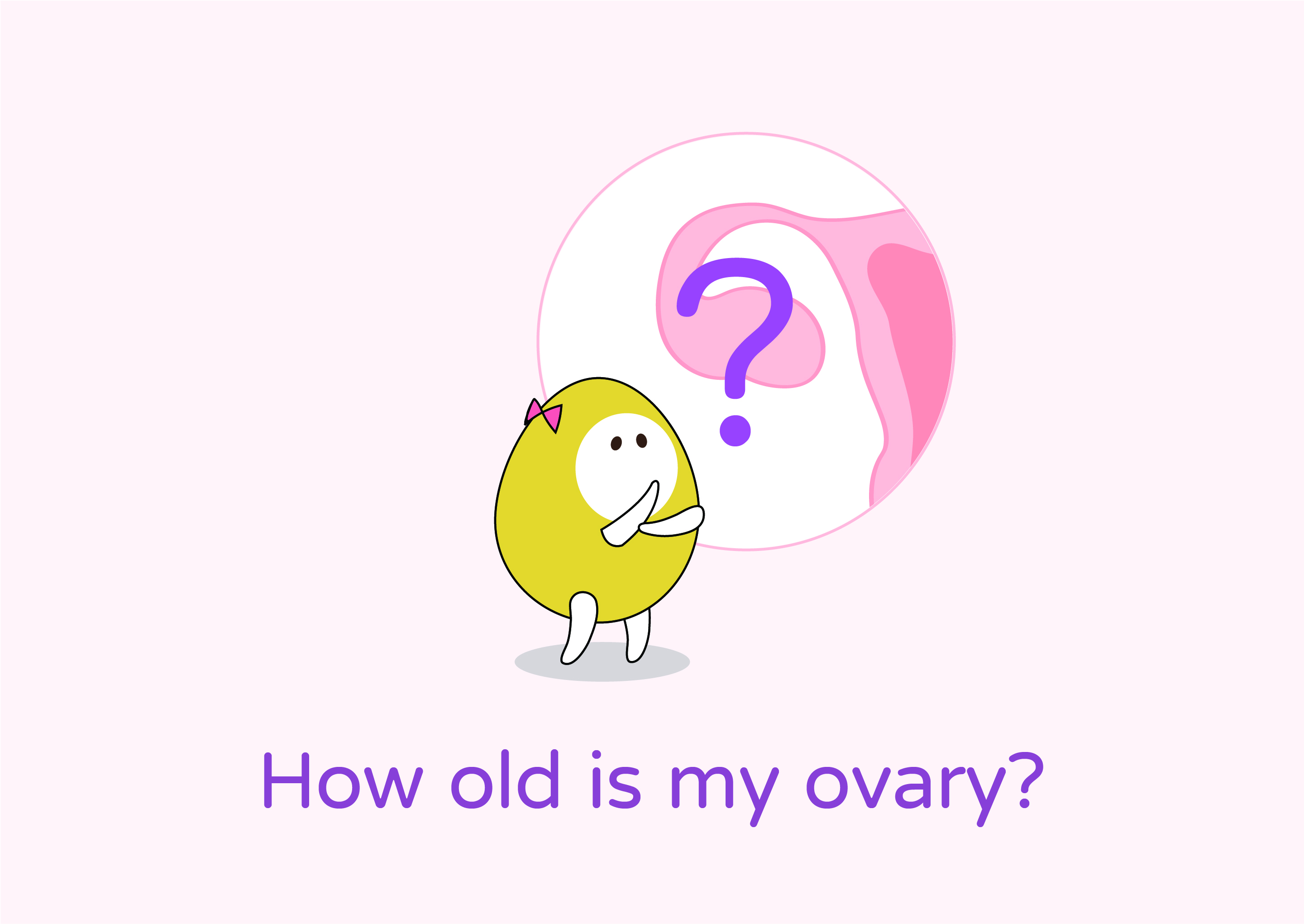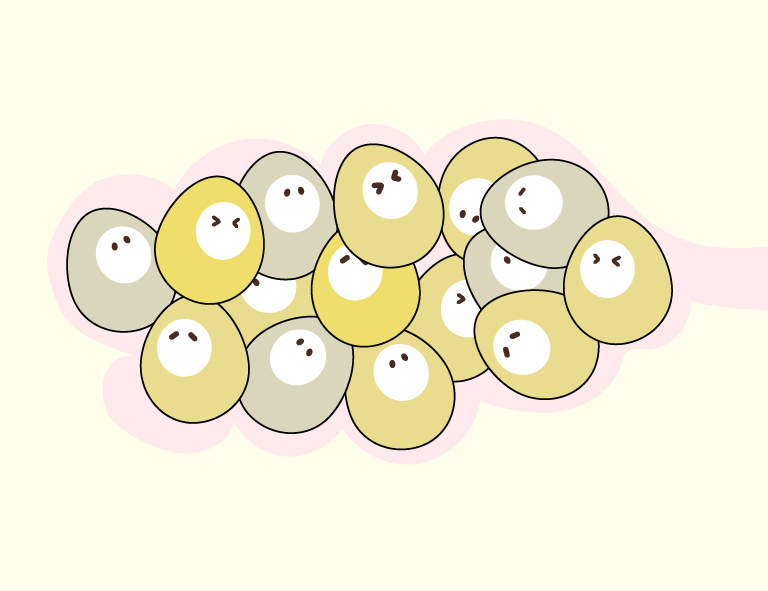Do you know how old your ovary is? In fact, just a simple blood test for AMH!

What is AMH? AMH-Anti-mullerian hormone, which is secreted by small follicles in the ovary. AMH is an indicator that can assess female ovarian reserve.

It is suggested to test AMH on day 2~4 of menstruation to know the ovary reserve.

After knowing the AMH value, you can compare your value with women of the same age. Which range are you in?
Ovary reserve-Age calculator: Let’s know how old is your ovary!
https://www.e-stork.com.tw/amh

Why do some women's ovaries are older than their actual age?
There are many possibilities that cause premature ovarian failure, which may be cancer treatment, environmental pollution, smoking, alcohol, stress, heredity, staying up late... etc.

Can the ovary reserve be restored? Unfortunately, now any Chinese or Western medicines, supplements and treatments cannot help with it.

Only through a good lifestyle, a balanced diet and regular exercise can slow down the decline of ovarian function.

However, everyone’s ovaries decline at a different pace.

For example, one of our patient-lady F, AMH was 3.81 when she was 32 years old. After two years, she is going to get married and pregnant.

Fortunately, she had frozen the eggs when she was 32 years old. At the age of 35, she decided to thaw and fertilize the eggs. In the end, she successfully brought back a healthy baby!

At the age of 32, whether the AMH value, the number of eggs retrieved each time or the normal rate of chromosomes, these indicators are all better than at the age of 35.

Therefore, it is recommended that women should check AMH regularly and care about their reproductive health!
Under 34 years old, once every 1-2 years; over 34 years old, or already diagnosed as a premature ovarian failure, testing every six months is recommended.



